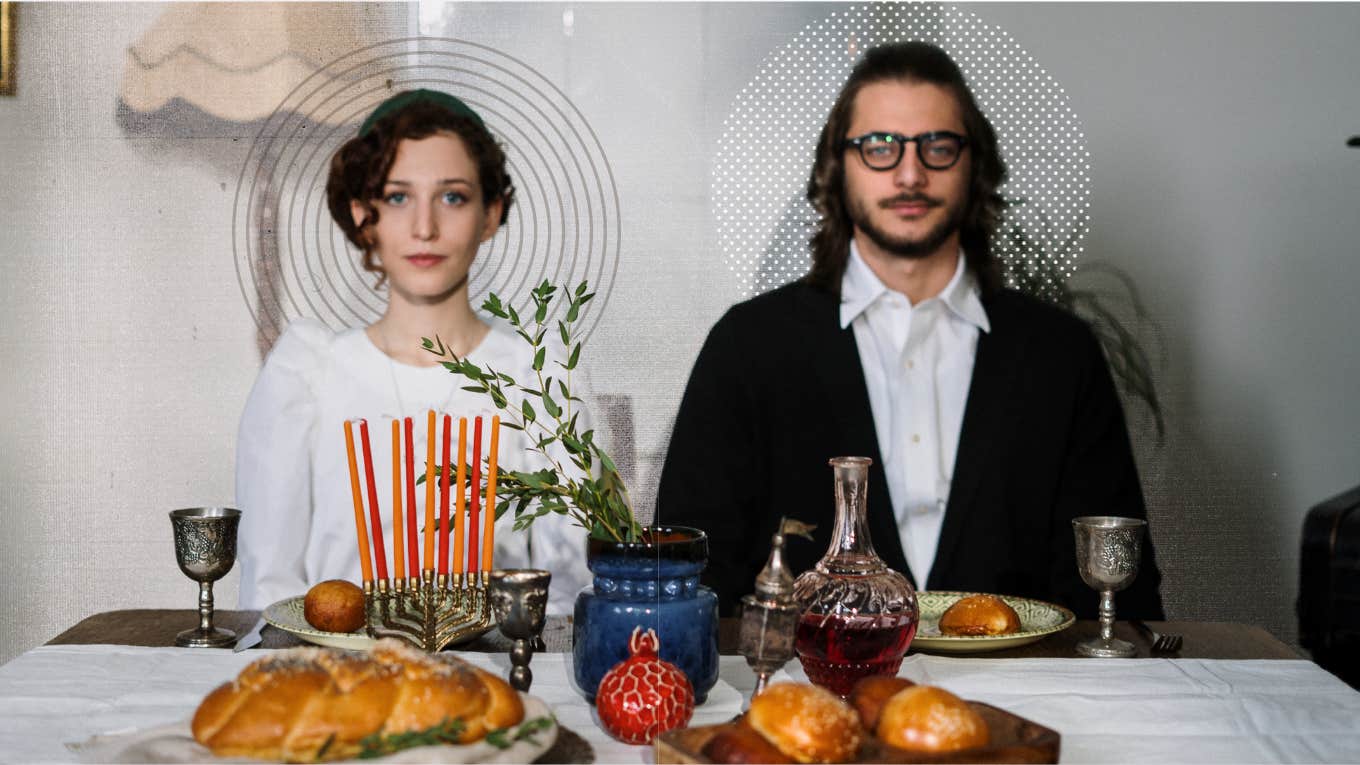A Relationship Doesn't Have To Be Abusive To Be Bad For You
Just because it 'could always be worse,' isn't a reason to stay.
 cottonbro studio | Canva
cottonbro studio | Canva So many people stay in unhealthy relationships because they're not abusive.
They see and hear about other relationships that are much worse so they overlook signs of discomfort, unease, and unhappiness.
But a relationship doesn’t have to be abusive to be bad for us. The longer we stay in an unhealthy relationship, the more at risk we are of suffering or exacerbating emotional damage.
I had a few relationships between leaving my abusive partner and meeting my husband. Most of them were not abusive, but they weren’t good for me either.
There wasn’t a clear indication that something was wrong, so I ignored the feeling that something wasn’t right. I would give it another month to see if something changed or I would try to look at things differently in an attempt to reignite the spark.
Some of us spend years in an unhealthy relationships or get caught in a cycle of short-term flings with people that are not good for us.
We overlook incompatibilities and get used to the constant disagreements and resentments. We stop communicating because it’s easier — but that leads to assumptions and misunderstandings.
We “settle,” believing it’s the best we can hope for. After all, no relationship is perfect.
We become comfortable with what we know and struggle to push ourselves out of this comfort zone, even though we are not happy. We may be even more unhappy with someone else or alone.
We don’t want to admit it’s no longer working because we have invested so much into it. We think it’s too late to start all over again or worry that we will never meet anyone else. We could meet someone worse.
We know we are giving a lot more than what we are receiving, but we brush it off because we love them or have been with them for a long time.
Our needs aren’t being met, so we stop expecting anything from them and look elsewhere for love and attention. We go to other people, take on separate interests, or focus solely on the kids.
And we stay with them because it could be so much worse. They could be abusive.
But the silences get longer, the barriers build up, the heart hardens and our disregarded feelings start festering inside of us. Our self-esteem and confidence start eroding away, damaging the one relationship we will never be able to leave — the one we have with ourselves.
We’re not being abused, but we are being hurt. And we will continue to get hurt if we stay in a dysfunctional relationship.
It takes a lot of courage to end this kind of relationship. It isn’t easy to admit that something you have invested yourself in isn’t working. It’s difficult to put your needs first and stop something simply because you don’t want it anymore.
The disappointment of unfulfilled dreams and unmet promises stings. Lost love rests heavily on the heart and letting go of someone familiar leaves a big hole in our life.
I always had doubts about ending something that was “okay”. Putting an end to a relationship that wasn’t giving me what I wanted was tough. It was hard not to settle, especially as I was getting older and had started to worry that I would never find the love I dreamed of.
“I want more” sounded greedy, selfish and unappreciative. I knew, firsthand, how much worse it could be.
But each time I ended something because I wanted more, I grew another couple of inches. Those words empowered me — I deserved the love I dreamed of and was not willing to settle for anything else. Those words improved my relationship with myself — I was respecting my boundaries, listening to my heart and intuition, and valuing myself.
The door that closes this chapter of your life is heavy and doesn’t budge easily. You don’t know what’s on the other side, the grass may not be greener.
You may choose to walk through it together, but you owe it to yourself to go for what you want rather than settling for what you have.
You deserve more, and if you cannot reach a compromise, with which you are both truly happy, then don’t be afraid to put yourself first and step through that door alone.
Life is too short to put it on hold just in case things improve.
Before you walk through another door with someone else, there’s another unhealthy relationship you must deal with first: The one you have with yourself.
Lisa Johnson is a writer and coach, based in the UK. She is a regular writer on Medium.com, sharing her personal experiences and lessons learned, proving that there is life, love, and happiness after domestic abuse.
